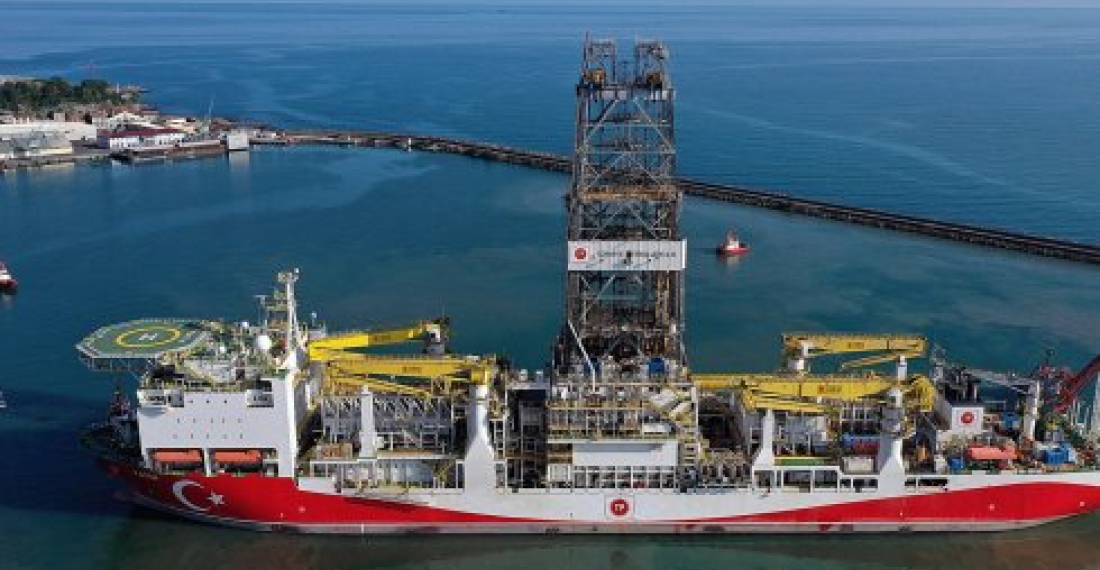Turkey has discovered its largest ever natural gas reserve in the Black Sea with a capacity of 320 billion cubic meters. President Recep Tayyip Erdogan announced the find, stressing that initial findings reveal that this reserve stands as just a part of even bigger reserves in the same area.
Turkey is heavily dependent on foreign energy resources and has long been exploring for hydrocarbon reserves in the Black Sea and the Mediterranean through deep-sea drillings.
Although the amount of the natural gas discovered in the region is around 320 billion cubic meters and could meet Turkey's needs only for fewer than 10 years, Erdogan said data collected as a result of tests and studies show there is strong possibility of larger natural gas reserves in the same area.
Energy Minister Fatih Donmez echoed Erdogan's expectation as he informed that the seismic data reveals that there are two more layers of similar structure below and that more gas will be discovered in the area.
source: commonspace.eu with agencies
photo: The Turkish Drill ship Fatih embarking on a mission from the port of Trabzon in the Black Sea last June (picture courtesy of Anadolu Agency, Ankara)






